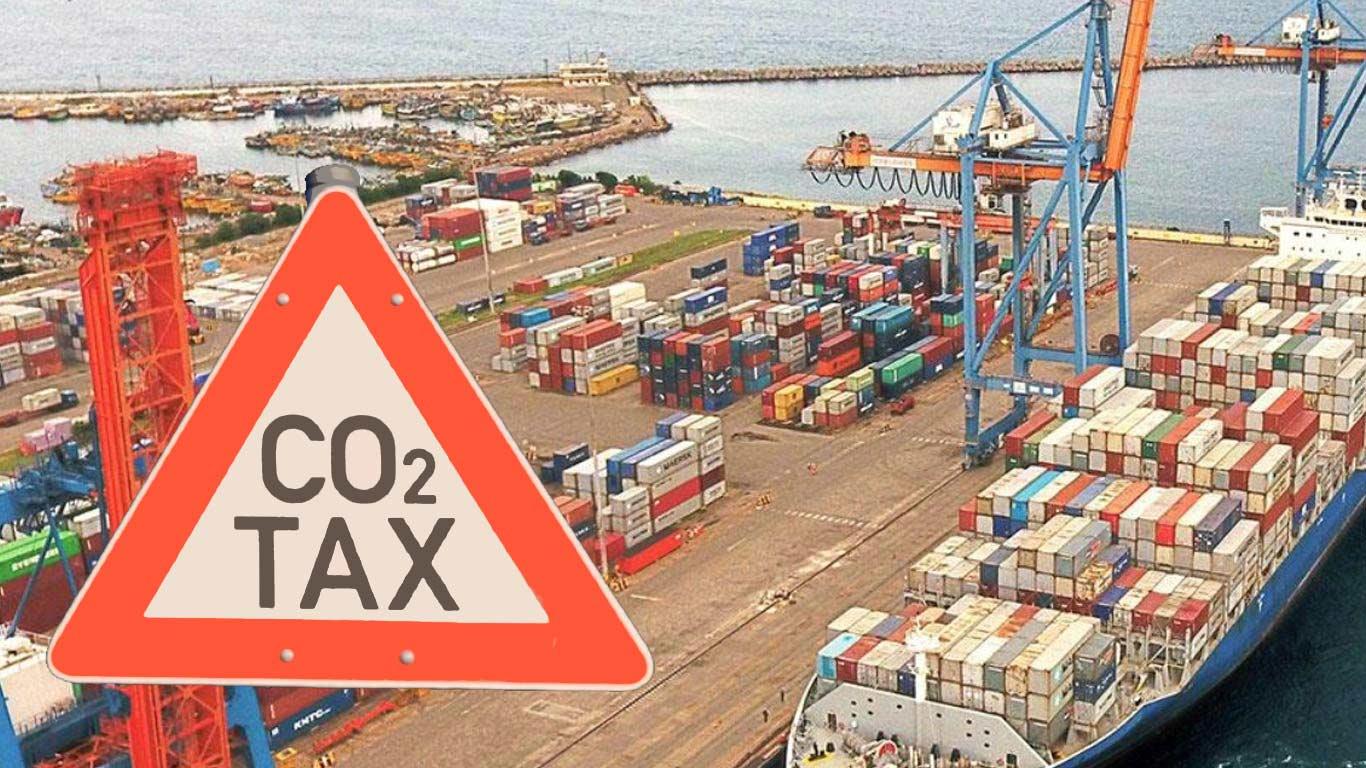
UN Imposes First-Ever Global Carbon Tax On Shipping Industry
The historic move was made by the United Nations' International Maritime Organization (IMO) during intense negotiations in London.
The new tax aims to curb greenhouse gas emissions from ships and drive the adoption of cleaner technologies in the sector.
Starting in 2028, vessels will either need to transition to lower-emission fuels or face a carbon fee based on the pollution they generate. This tax could raise up to USD 40 billion by 2030, all of which will be reinvested into reducing emissions within the shipping industry.
However, the tax is expected to reduce shipping emissions by just 10% by 2030, falling short of the IMO's own target of 20%.
While the decision was supported by countries such as India, China, and Brazil, it faced opposition from oil-rich nations like Saudi Arabia, the UAE, Russia, and Venezuela.
Notably, the United States was absent during both the negotiations and the voting process. Several smaller nations, particularly from the Pacific and Caribbean regions, pushed for a portion of the funds to address broader climate challenges, but their calls were unmet.
Environmental groups and smaller nations have criticized the deal for its lack of ambition and transparency. They argue it does not sufficiently accelerate the shift to cleaner fuels.
Vanuatu's Climate Change Minister Ralph Regenvanu blamed fossil fuel producers, including Saudi Arabia and the US, for blocking more effective measures.
Despite the shortcomings, experts like Laurence Tubiana, a key architect of the Paris Agreement, see the decision as a step forward, acknowledging that it sets a precedent for polluting industries to bear the cost of their environmental impact. However, Tubiana and others call for a more robust solution.
(KNN Bureau)
Legal Disclaimer:
MENAFN provides the
information “as is” without warranty of any kind. We do not accept
any responsibility or liability for the accuracy, content, images,
videos, licenses, completeness, legality, or reliability of the information
contained in this article. If you have any complaints or copyright
issues related to this article, kindly contact the provider above.

















Comments
No comment